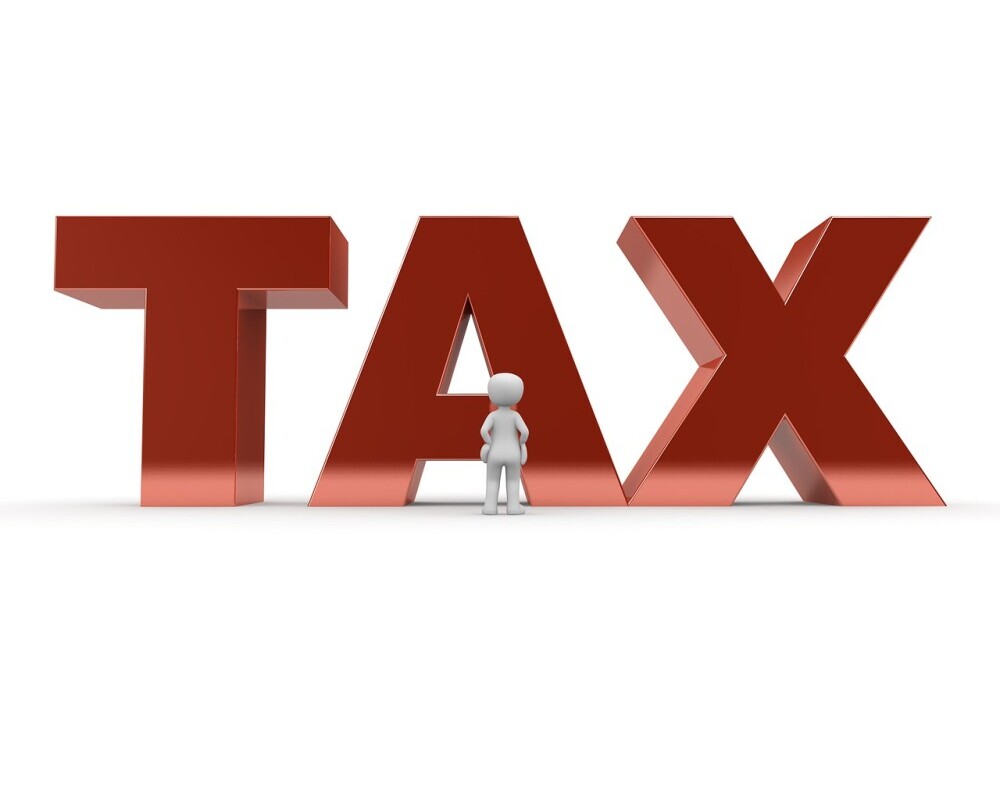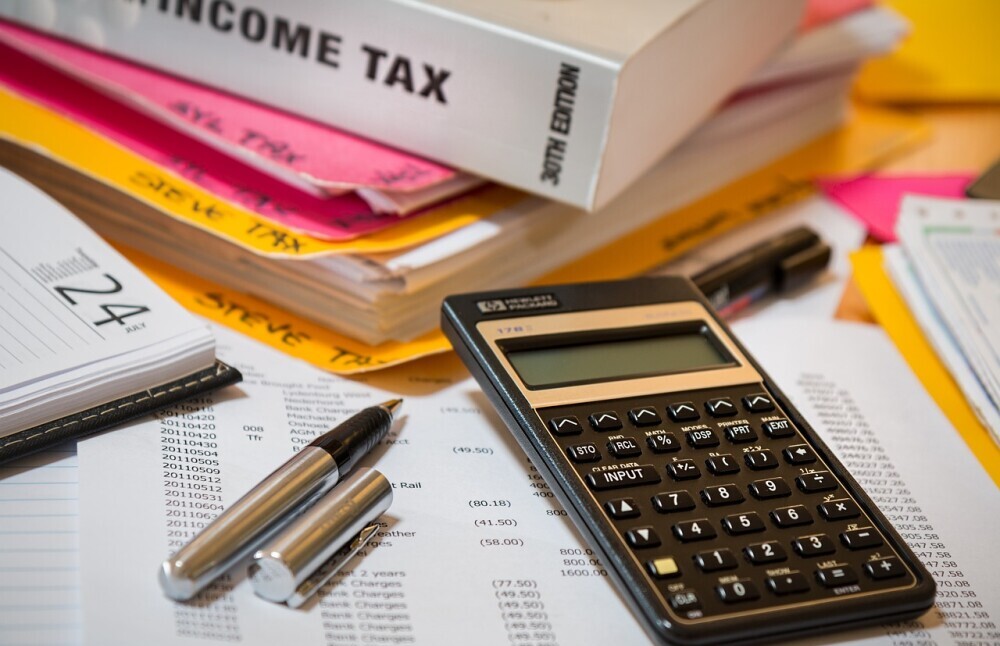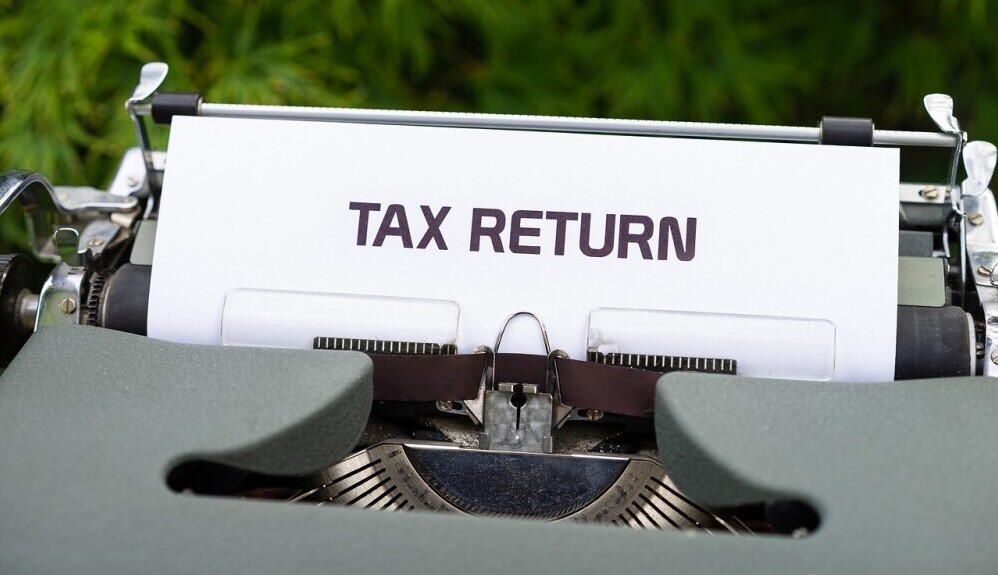Crypto Tax Made Simple: What You Need To Know
In the UK, crypto enthusiasts are on the rise, whether it’s those getting their feet wet in trading or seasoned investors hodling for long-term gains. But as your crypto assets grow, understanding the tax implications becomes vital—like knowing the rules of a game you’re eager to win.

HM Revenue & Customs (HMRC) sees crypto not as a mere currency like the pound but as an asset. This classification changes the playing field because it means the profits from buying, selling, or exchanging crypto fall under taxable events. Essentially, if you’re making bank through crypto, you’ll need to treat those gains as taxable money—similar to traditional investments like stocks or property.
Understanding your tax obligations in the world of crypto ensures you stay on good terms with the tax laws, dodging unnecessary stress or fines down the line. It’s not just about the profits or growth; it’s about making sure you have a clear view of how taxes fit into your overall strategy. Once you break it down, UK’s crypto tax regulations aren’t as daunting as they might initially appear, so you can focus on thriving in your crypto ventures.
Capital Gains Tax: What Every Investor Needs to Know
Capital Gains Tax (CGT) is a term you’ll quickly get familiar with as a crypto investor in the UK. This tax applies when you “dispose” of your crypto assets. It means selling them off for pounds, trading one type of coin for another, or even using them to snag the latest gadget. It’s not just pocketing your gains but a necessary step in keeping everything legit.

To figure out what you owe, you start by checking out how much your crypto has appreciated—this is your taxable gain. Say you bought 1 Bitcoin for £20,000 and sold it later for £30,000. You’ve got £10,000 in gains to consider. But before you worry about coughing up loads of cash, remember there’s a CGT allowance in place—£3,000 for the 2025/26 tax year, which lets some of that gain slide home-free.
Here’s the split: if your total gains are above that allowance, you’ll face taxes ranging from 10% for basic rate taxpayers to 20% for those in a higher income band. So, knowing where you stand in terms of income is pivotal.
Keep in mind, accuracy is everything. HMRC expects you to track every ins and outs, from the dates of your trades to any fees you’ve paid. This is where diligent record-keeping can save your bacon, ensuring your tax reports are spot on. With accurate records, you won’t feel the panic if HMRC decides to take a closer look at your financial history.
Crypto as Income: Navigating Income Tax Obligations
Receiving crypto as payment or earning it from mining or staking? That’s where Income Tax comes into play. When crypto starts acting like cash in your pocket, as in freelancing payments, it’s treated as income by HMRC.

The trick here is valuing your crypto accurately as soon as it hits your digital wallet. You’d need to find a reliable exchange rate for the day you receive your crypto, converting it into pounds sterling. HMRC has guidance on which sources to use for a fair assessment, so checking their recommendations is a solid move.
Once valued, your earnings in crypto pile onto whatever else you bring in—say your day job or other side hustles. That means your final Income Tax rates could land in the 20%, 40%, or even 45% range, depending on your total income levels.
And if you’re running a more serious operation, like a full-scale mining setup, consider National Insurance. It might weigh in too, especially if you’re classed as self-employed in this scenario.
Sorting your crypto income tax may sound like a tall order, but with the right tools and a bit of diligence, keeping it straightforward is possible. Always stay on the lookout for HMRC’s updates just in case things shift mid-game.
Staying Above Board: Record-Keeping and Compliance
Once you’ve got a handle on the basics of crypto tax, the spotlight shifts to keeping your records tidy and up-to-date. This isn’t just a backup plan—it’s your first line of defence in staying compliant with HMRC.
Your crypto journey might begin with a few digital coins, but as things pick up pace, so does the complexity of your transactions. For this reason, using software tools like Koinly or CoinTracker can help automate tracking each move your assets make. They turn your trading data into clear GBP reports and save you from last-minute panics during tax season.

Missing or messy records are a risk. HMRC can audit your past transactions, and if things don’t add up, they don’t take guesswork as a substitute for accurate logs. Document purchase prices, sale dates, and even those little gas fees. It’s all a puzzle that’ll make your life easier when it’s time to report.
Don’t overlook deadlines for filing a Self Assessment tax return, usually by January 31st each year for the preceding fiscal cycle. Marking those on your calendar can spare you from penalties piling up quickly for late submissions.
And if you’re ever in doubt, say with swirling DeFi or NFT complications, seeking guidance from a crypto-savvy accountant might be your best play. HMRC does have a detailed manual available online, and professional advice can offer peace of mind—transforming potential headaches into smooth sailing.
Buy Crypto HERE…
Buy your cold wallet here…
Sign up for further updates
Follow us here on X for regular updates…..
Nothing within this blog constitutes financial advice. We strongly encourage you to conduct your own research (DYOR) before making any investment decisions. Always invest wisely and never invest more than you can afford to lose.
Disclaimer: This page contains affiliate links. If you choose to make a purchase after clicking a link, we may receive a commission at no additional cost to you. Thank you for your support!














No responses yet